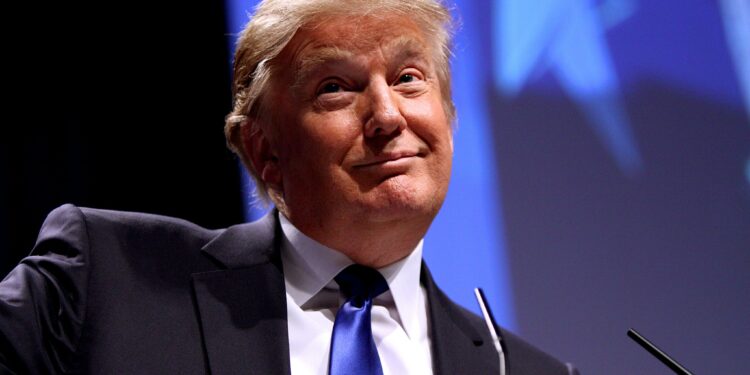
Republican lawmakers are firmly pushing back against President Trump’s call to dismantle the 2022 CHIPS and Science Act, which allocated $52 billion to boost domestic semiconductor production. While the former president argued that the initiative was ineffective, most Republicans on Capitol Hill view the law as crucial to both national security and economic growth.
GOP senators, such as John Cornyn of Texas, emphasized the law’s role in enhancing the United States’ technological and defense capabilities. Cornyn, who voted for the CHIPS Act, highlighted the need to strengthen semiconductor manufacturing as a national security priority. He warned that disruptions in global supply chains, particularly in Taiwan, could cripple the U.S. defense industry, preventing the production of vital technologies like fighter jets. Cornyn also pointed out that the framework for the CHIPS Act originated during the Trump administration under key figures like Wilbur Ross and Mike Pompeo.
The bill passed with overwhelming bipartisan support, receiving endorsements from 17 Senate Republicans and 24 GOP members in the House. This broad support makes the idea of repealing the law unlikely to succeed. Republican lawmakers acknowledge Trump’s concerns about the efficiency of taxpayer spending but argue that the law has already yielded significant investments and results. With most of the funds already allocated or committed, reversing the law would be impractical.
Senator Thom Tillis (R-N.C.) called Trump’s proposal to repeal the CHIPS Act “dead on arrival.” He pointed out that any repeal would require substantial bipartisan backing to overcome the Senate’s 60-vote threshold, a hurdle the proposal could not clear.
Moreover, Senator Todd Young (R-Ind.), a key figure behind the CHIPS Act, expressed surprise at Trump’s reversal on the issue, noting that the law had led to significant private sector investments and bolstered supply chain resilience. He believes that while changes to the program are possible, its success should not be overlooked.
As Republicans work to clarify the president’s stance, they remain committed to ensuring the future of American manufacturing remains strong and secure. Despite differences over how to achieve these goals, the GOP largely agrees on the importance of fostering technological innovation and domestic production to keep America competitive and safe.
